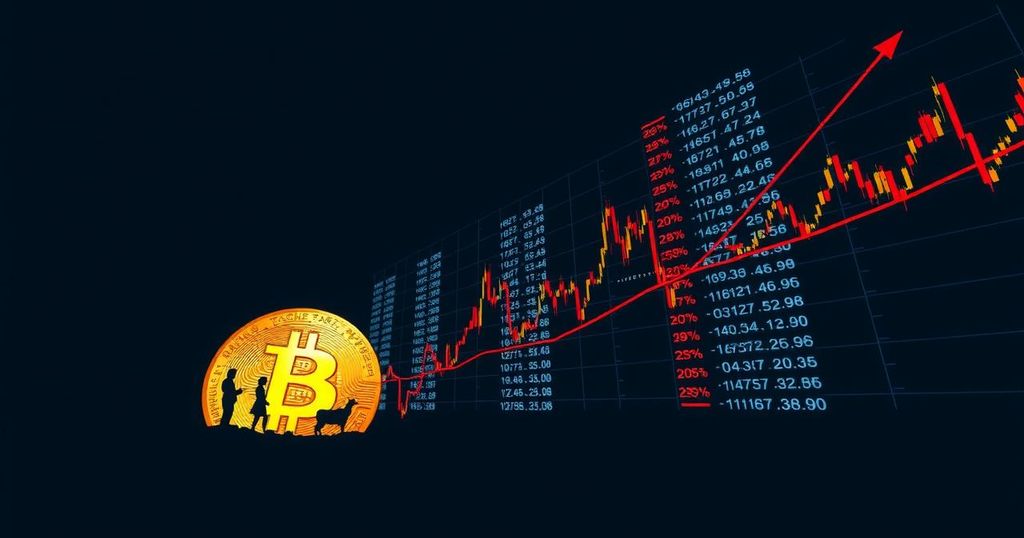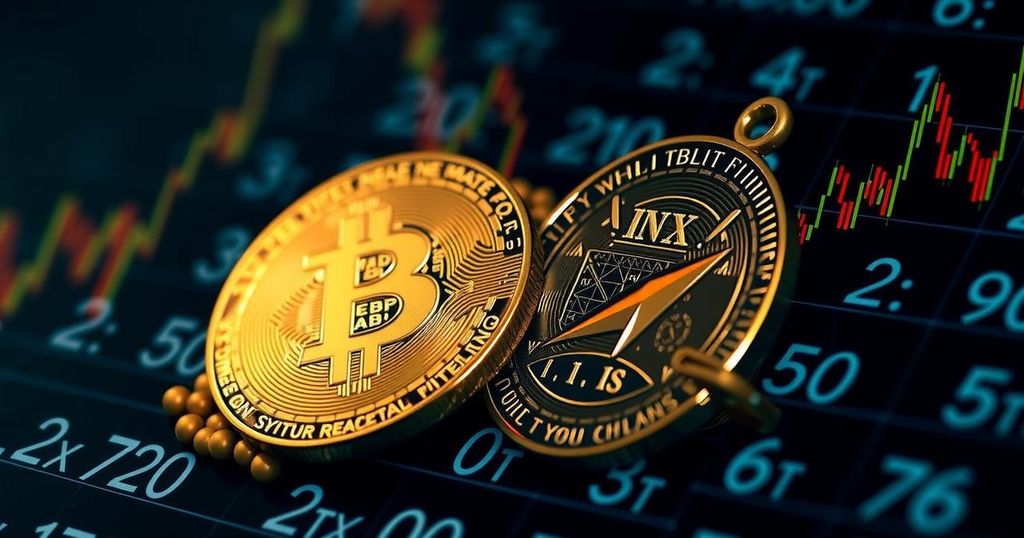Bitcoin Experiences Decline in Conjunction with Stock Market Following Bank of Japan’s Interest Rate Indications
Recent developments in the cryptocurrency market indicate a significant correlation between Bitcoin’s decline and fluctuations in traditional stock markets, particularly in light of the Bank of Japan’s (BoJ) recent statements regarding interest rate hikes. According to a report by Bloomberg, the BoJ suggested that additional increases in interest rates may be forthcoming, leading to a marked drop in market performance on September 3rd.
BoJ Governor Kazuo Ueda elaborated on the central bank’s policies during a meeting with a government panel chaired by outgoing Prime Minister Fumio Kishida. He affirmed that the BoJ remains poised to raise interest rates if economic indicators and price levels continue to develop as anticipated. This announcement triggered a strengthening of the Japanese yen against the US dollar, with the USD/JPY exchange rate momentarily falling from a peak of 147.2 to 145.1.
This situation bears resemblance to the market response witnessed when the BoJ raised benchmark borrowing costs in late July, which precipitated a broad unwinding of yen carry trades. Such market dynamics have historically destabilized risk assets, including Bitcoin. Indeed, the ramifications of this carry trade unwinding were evident when Bitcoin experienced a notable decline to $49,577 on August 5th, attributed to market adjustments following the initial rate hike.
Further compounding these challenges is the sharp decline in retail demand for Bitcoin. Since its peak price of $73,835, Bitcoin has struggled to recapture significant interest from retail investors. Notably, prominent cryptocurrency analyst Lark Davis remarked on August 31st that retail engagement with Bitcoin is “almost dead,” emphasizing the stark contrast in purchasing behavior; while investors were enthusiastic at higher price levels, interest has waned significantly as prices declined.
Supporting these observations, data from Google Trends reveals that search interest for “Bitcoin” reached a 12-month low in August, with overall global search interest remaining below the 50 mark since June 2021. Retail demand is typically a driving force behind bullish market rallies, as they tend to reflect speculative behavior and a fear of missing out. Analysts assert that without a resurgence in retail investor interest, substantial upward movements in Bitcoin’s price could be stymied.
Nevertheless, despite the prevailing downturn in retail engagement, Bitcoin is presently regarded as fairly valued. Onchain analyst Root states that Bitcoin’s intrinsic value aligns closely with its current trading price, reinforcing the notion that its true worth is being accurately represented within the market’s broader context.
Optimism about Bitcoin’s long-term prospects persists, particularly from financial institutions such as VanEck, a New York-based wealth management firm. VanEck has proposed ambitious price targets for Bitcoin, projecting that it could reach $2.9 million by 2050, with a speculative best-case scenario hitting $52.38 million.
In conclusion, while Bitcoin faces substantial challenges linked to retail demand and external economic factors such as interest rate changes, it is important for investors to remain vigilant and consider the overarching market fundamentals. This article does not constitute investment advice, and all individuals are encouraged to conduct thorough due diligence before engaging in market activities.








Post Comment